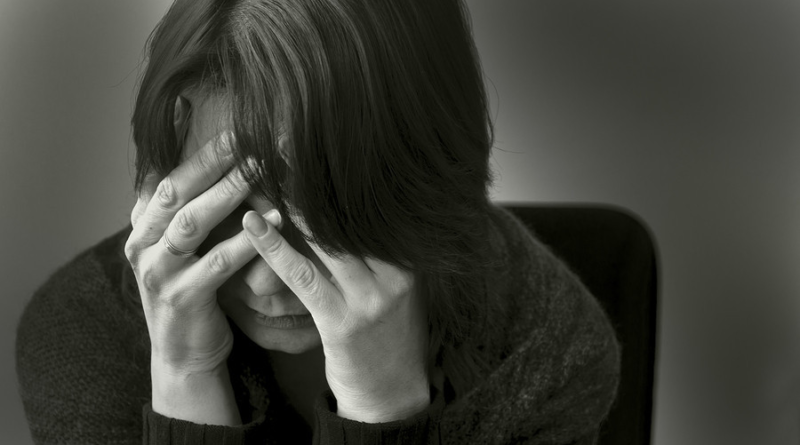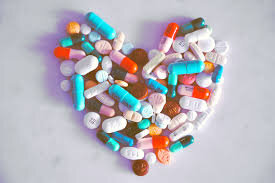Understanding Depression And How Treatment Centers Help
Depression is considered a psychiatric disorder of all individuals. Its sufferer becomes low for weeks, and because of it, one feels miserable, hopeless, and exhausted. There’s nothing that could compare to this feeling of being low in comparison to such a grave state of affairs. However, depression cannot be dealt with or treated if a person doesn’t find proper professional assistance available. Fortunately, some centers provide support and care to those suffering from it. Depression treatment centers provide a haven for the healing process and regaining mastery over one’s life once again.
What Is Depression?
Depression is not the same as feeling sad or blue, although what differentiates depression from simply feeling sad is the extended period during which those feelings are experienced. Depression ordinarily lasts for weeks, months, or even years unless depressed mood is treated. Among the most prevalent symptoms of depression are:
- Feeling sad or empty most of the time
- Loss of interest in activities once enjoyed
- Difficulty concentrating or making decisions
- Changes in sleep patterns, like sleeping too much or too little
- Feeling restless or having excessive irritability
- Feeling worthless or guilty; particularly being bad or inadequate in oneself.
- Complaint of bodily ailments, such as headaches, stomach aches, etc., without having apparent medical reasons.
If these symptoms persist longer in a person, he or she will surely need treatment from experts. Depression is something that cannot be easily removed from somebody’s life, such as dust from clothes or rubbed out of one’s life. In most cases, treatment is necessary for regulating the symptoms and subsequently the quality of life.
Role of depression treatment centers
Depression treatment centers indeed play a very important role in the healing process of recovering patients because they were built and cater to that set of individuals who are struggling with severe depression. They, therefore, give them essential care, one of the wide ranges of therapies, and support groups that help people understand their condition, teach them how to cope with such symptoms and provide them with ways or strategies that may help them control their mental health better.
Some of the common services which are offered in such centers include:
Group Therapy: Most treatment centers provide groups where people share experiences. It eliminates the feelings of loneliness, thus joining together people in some form of community.
Pharmacologic Management: Medicines can be prescribed to assist in reducing depressive signs and symptoms during immediate management. Most treatment centers also have a medical staff available to monitor how medications may be done and altered as needed.
Holistic Approaches: The centers include, in their activities, holistic therapies like mindfulness, yoga, and meditation. This will help in the augmentation of well-being. These activities seem to have a calming effect on the patients’ minds and eventually allow them control over their thoughts and emotions.
Various Other Treatment Models for Depression
Treatment varies with the level of severity of depression and the needs of an individual patient. The most available treatments are:
Interpersonal Therapy: IPT helps people to become better relational players and find ways to improve their personal lives together with the social problem. The theory of IPT is based on the fact that enhancing good communication and problem-solving abilities will reduce symptoms of depression.
Medication: Patients are also provided with an antidepressant that is employed to contemplate equal chemicals in the brain that impact a sense of mood. These individuals may not work for everyone, but they can be rather important treatment steps.
Lifestyle Changes: Most people go back to the treatment centers and are encouraged to view healthy habits, such as exercising regularly, a well-balanced diet, and enough sleep. These may improve one’s mental health and physical condition significantly.
Benefits of Seeking Depression Treatment Centers
There are many benefits to seeking treatment services at depression treatment centers. The most basic is that patients get the appropriate care from professional mental health specialists. The fundamental meaning here is that they are being given tools and proper support to understand their depression so that they can begin working toward recovery.
Another benefit is the structured setting offered by treatment centers, allowing individuals to focus their complete energy toward healing. At times, it becomes hard to beat depression considering work and family life, among others. There is ample time and space to put mental health first while in a treatment center.
Last but not least, treatment centers offer an environment of peer and professional community. Recovery from depression can sometimes be lonely. However, the fact that many people understand what’s happening makes a world of difference.
When to Seek Help?
If you or a member of your family are experiencing one suffering with depression, seek help promptly. Depression is generally treatable and often needs a professional, beginning with a treatment program. Some of the warning signs for you to consider a treatment program are as follows;
- Depression symptoms begin interfering with your ability to work or your capacity to form and maintain relationships.
- The symptoms persist for at least several weeks or even months.
- Hopeless/empty feelings inside or believing things will never get any better.
- You’ve tried self-medication to get over depression, but you find no improvement.
- Thoughts of suicide
If you can associate with any of the above symptoms, then, moving to a depression treatment center is the first move towards regaining your life again.
Recovery
Recovery from depression is never easy; sometimes, it’s possible. That is to say, recovery can take time, with some days going better or worse than others, but the bottom line is that with proper support and resources available, people can learn how to manage their symptoms and lead fulfilling lives.
Recovery varies from person to person. While some individuals get better within weeks, treatment takes more time for others to give them relief. A supportive network could either be family and friends or professional support in treatment, which makes recovery much easier to go through.
Finding Hope through Effective Treatment
Depression is very overwhelming. But the thing is, you are not alone. Everyone knows help is out there. A depression treatment center offers numerous therapies and forms of support that can help individuals reclaim control over their lives. No matter how long one has been struggling with the condition, it never is too late to seek help and begin the journey toward healing.
Conclusion
Many patients with depression can improve their state well with some levels of therapy, medicines, and lifestyle changes, therefore living a healthy and happy life. Seeking help will be an action that differentiates between life and death if you or your loved person suffers from the problem. Effective treatment for depression is always possible though not easy.



